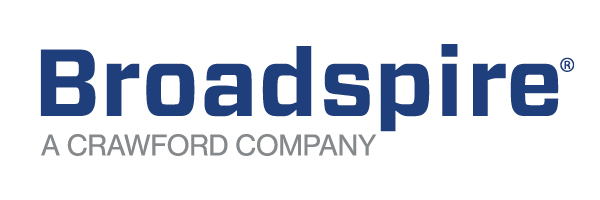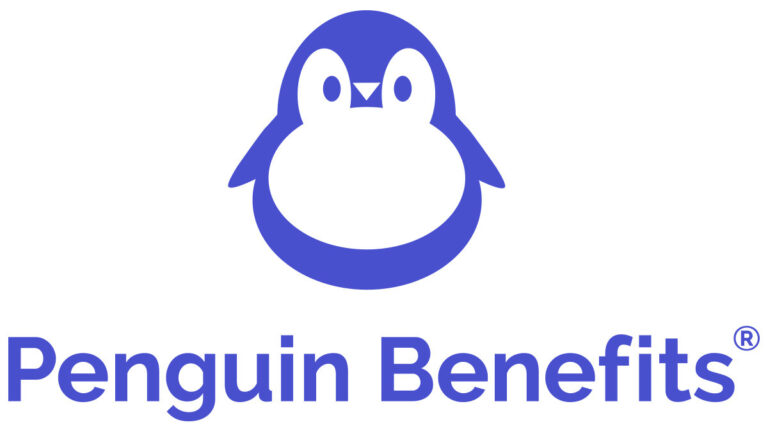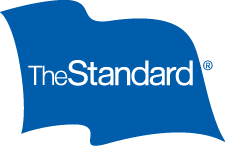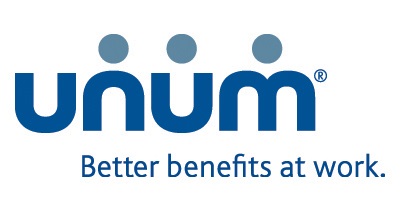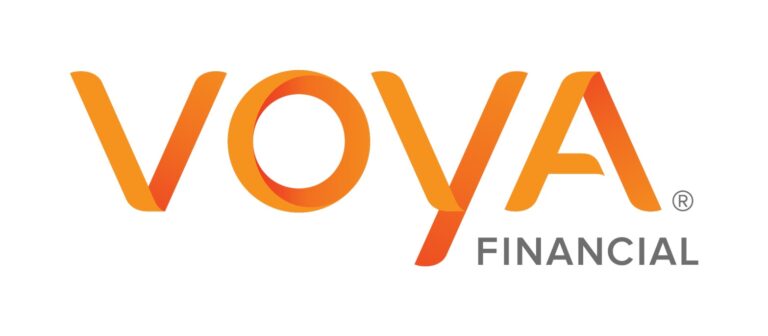
Situations can change rapidly, and employers need to be flexible and willing to embrace change, especially if they have employees with disabilities who need workplace accommodations. While this outlook isn’t new, living through a pandemic has reminded employers of the need to be flexible.
What worked before as an effective accommodation might need to be reviewed and reevaluated to ensure it is effective and, most importantly, up to date. As the world of work has opened up for employees with disabilities through remote and hybrid work, we should be reviewing cases and looking for accommodation solutions that are made possible through enhanced technology, flexible scheduling, and policy modifications.
Instead of waiting for employees to make a request, consider scheduling regular reevaluations or checkups to repeat or revisit the interactive dialogue. Choose a schedule that best suits you and your employees, such as annually or semiannually. While the administrative burden of this approach may sound daunting, rewards can outweigh the challenges, and software allows you to set tasks for checkups or leverage a third-party administrator to create monthly reports that notify teams of existing accommodations to help with tracking.
Benefits to Reevaluating Accommodations
Reevaluating existing accommodations helps employees feel supported, engaged, and productive. Since limitations for employees with disabilities can change, an ongoing interactive dialogue lets employees know that they are valued, their ongoing accommodations are being reviewed, and their employer wants them to succeed. It also gives employees an opportunity to identify and inform absence management professionals about changes to their medical conditions and to discuss possible enhancements to accommodations.
In addition, reevaluations may be an opportunity to gain additional input from medical providers to ensure workplace accommodations are successful, identify different accommodation solutions, and flag those that may no longer be relevant. Employees with degenerative conditions that cause additional limitations may especially value reevaluations. When accommodations are successful, these employees may continue to perform essential job functions and maintain valued employment.
The interactive dialogue can also uncover opportunities for training employees and managers. In one such reevaluation conversation, an employee mentioned a newly acquired service dog and learned the employer was supportive of having the service dog at work. The discussion led to training for the employee and manager about company requirements, and training for staff at the employee’s location so the dog would be most effective. A reevaluation conversation may also show that what was once considered an undue burden is now reasonable and a real possibility for employees with disabilities. For example, a requested technology or facility modification may be within the budget when it once was not considered reasonable.
Mutually Beneficial Processes
In addition to supporting employees, absence management professionals must also support business lines. Reevaluation conversations with managers can uncover successes as well as areas for improvement. Oftentimes, managers change due to promotions, organizational realignment, or attrition, which can be stressful for employees with disabilities.
New managers should be included in accommodation discussions as it helps reinforce the organization’s commitment to employees with disabilities and trains new managers about having appropriate conversations and interactions with teammates about ADA and medical accommodations.
Employers continue to learn about long COVID for teammates who contracted the virus in the last few years and are experiencing different symptoms. Reevaluation on a regular basis offers support for those teammates and reassures them that their employer is willing to do what it takes to ensure their success. This may be their first experience with needing assistance due to disabilities, and regular interactive conversations can offer much needed reassurance.
Accommodations might include continued remote work, flexibility for doctor’s appointments and flare-ups, ergonomic solutions, enhanced resources for training, or other workplace aids that enable employees to be successful and productive.
Having a robust accommodation program with a reevaluation component can set an employer apart as a premier place to work for teammates with disabilities. It can add to diversity efforts, help to promote engagement and reduce turnover, and allow employers to meet disabled employees where they are and engage in solutions.









